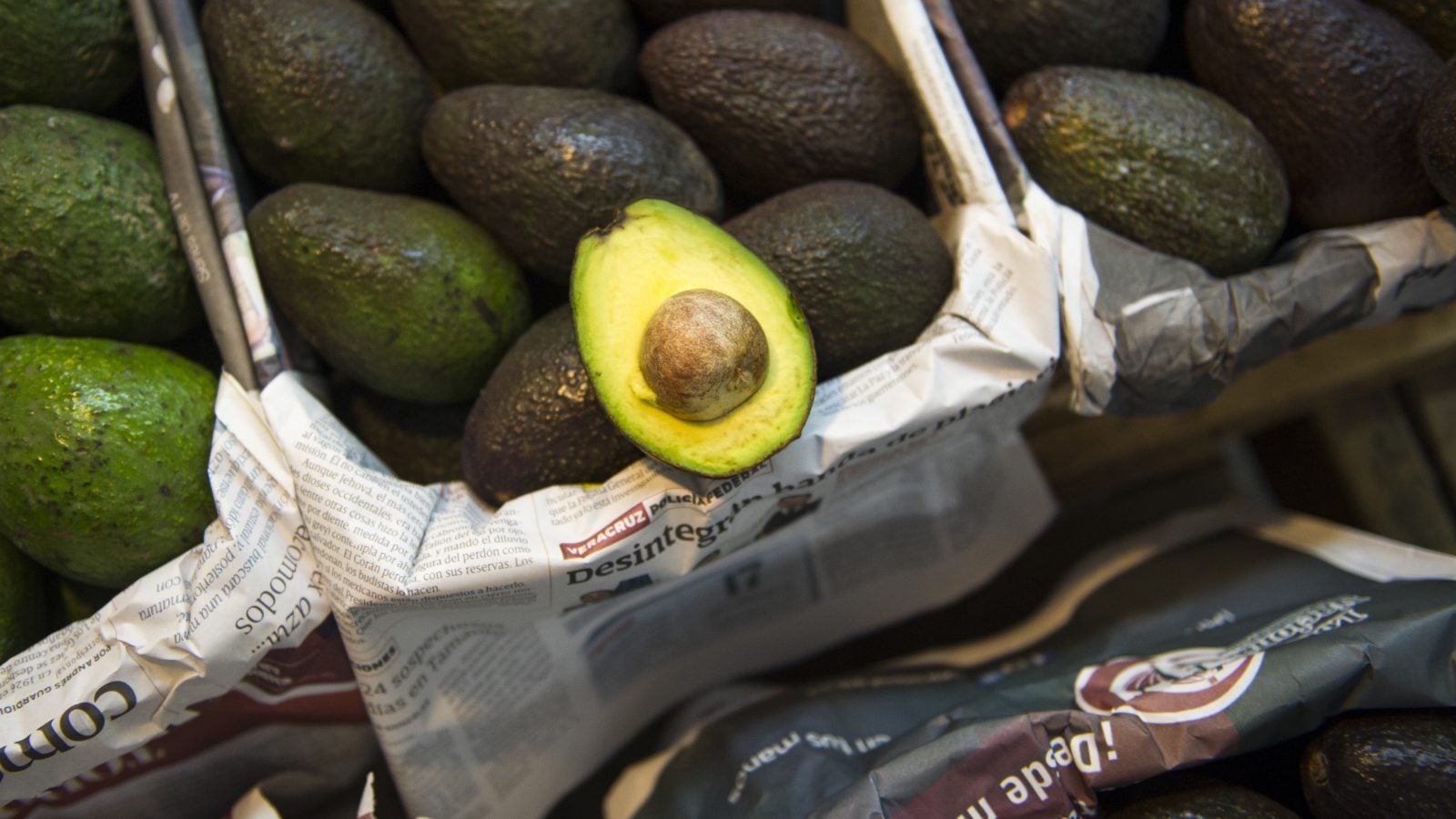Your avocado toast may be killing the Monarch butterfly
Two things Americans really love are coming into conflict.


Two things Americans really love are coming into conflict.
Avocados have become an increasingly popular food in the US in recent years, as they’ve been both linked with health benefits and also aggressively marketed. But most of the avocados consumed in the US are grown in Mexico, and as demand rises, so does the incentive to deforest swathes of land and plant avocado trees instead of the pines that grow there.
Those oyamel fir trees comprise the winter home for Monarch butterflies, which migrate from Canada, across the US, and many of which come to rest in the Mexican province of Michoacan. The butterflies have been identified as so important that the leaders of those three countries discussed them at a summit, deciding to create a “flyway” with special plants en route for the Monarch caterpillars to eat.
But while the US seeds milkweed—the caterpillars’ only food—AP reports that Mexican farmers are planting young avocados under the boughs of pines and then gradually thinning out the trees, an under-the-radar approach to deforestation that’s hard for the authorities to monitor. They have a huge incentive. Avocado prices had risen to $1.10 a piece in July, from 86 cents in January, AP reports, making them a wildly profitable crop for Mexican farmers. The problem is being heavily compounded by climate change, while the avocado trees’ need for water far outstrips that of the original forests.
It’s just the latest example of deforestation and species loss in one place because of demand in another. Rampant destruction of rainforest for palm oil planting means orangutans dying in Borneo—just the latest in a long story of deforestation for that crop.